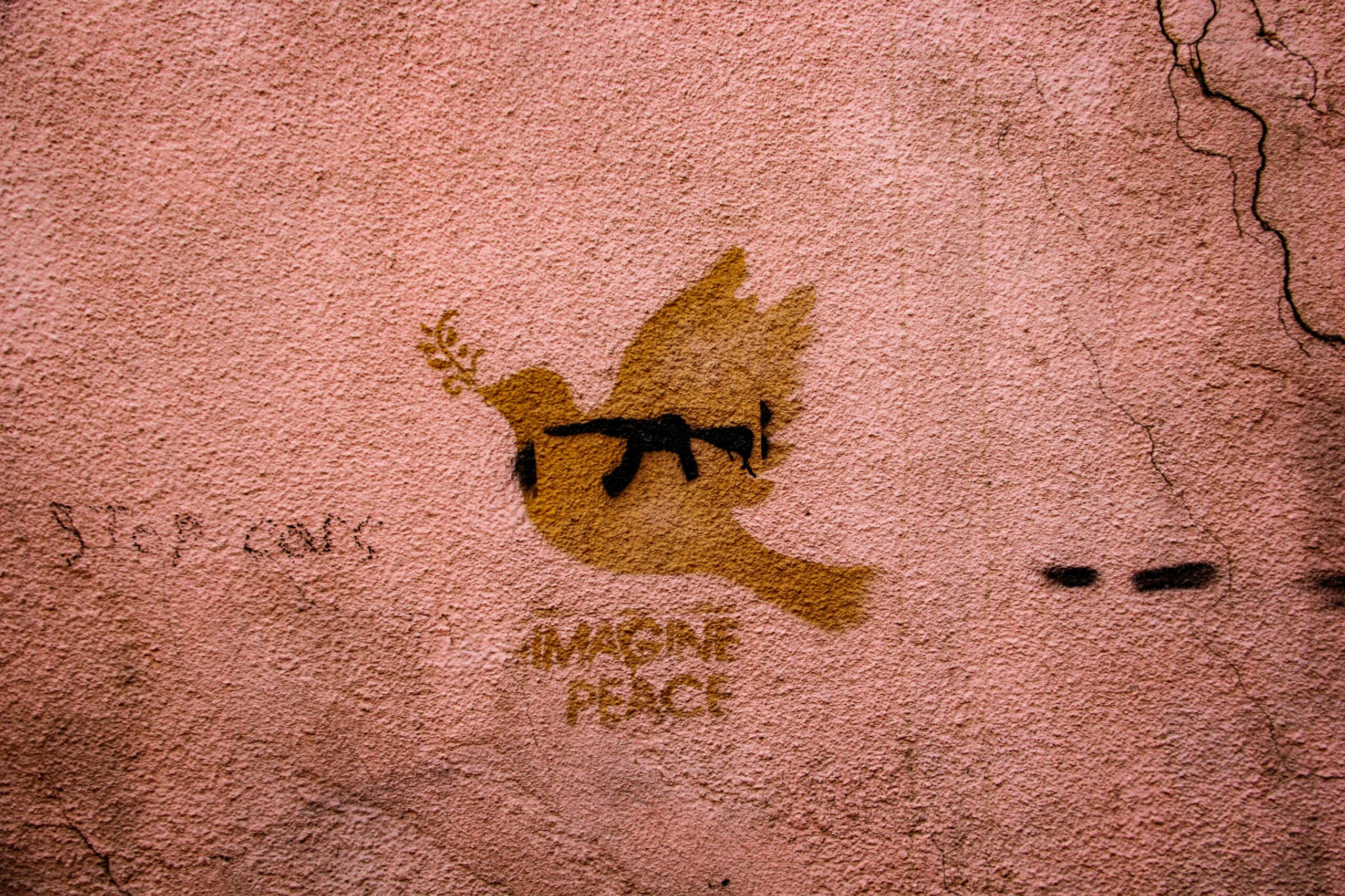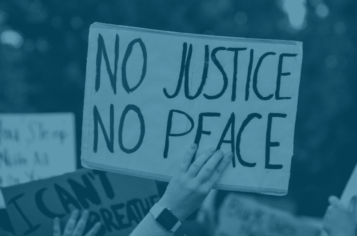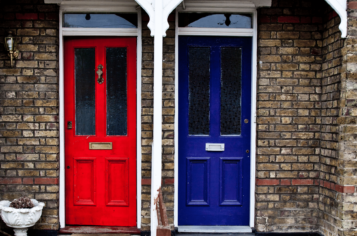This website uses cookies so that we can provide you with the best user experience possible. Cookie information is stored in your browser and performs functions such as recognising you when you return to our website and helping our team to understand which sections of the website you find most interesting and useful.

Victoria Mason suggests that the practice of reimagining is the opposite of empty optimism – instead, it’s about connecting with God’s bigger reality.
What is imagination?
Imagination is defined as ‘the ability to form pictures in the mind’ and ‘the ability to think of new ideas. When we think of the power of the imagination, we might immediately think of film-makers, artists or writers – people who have invented new worlds through their creativity. But our imaginations play a vital role in our daily lives and relationships – whether we think of ourselves as ‘imaginative’ or not.
Every time we respond to a problem at work, remember an event in our past or make future plans, we use our imaginations. Scientific studies suggest that we spend anything between twenty and forty-seven percent of our waking hours daydreaming – using our imaginations to focus on something other than the task before us.
Our capacity to imagine also plays an important role in shaping our response to conflict and division. We use our imaginations to predict the outcome of a confrontation, to guess the thoughts and motivations of others or to try and make sense of a messy situation. When reconciliation seems far off and we face repeated disappointments, we often find it harder and harder to envisage an alternative where healing, restoration and thriving relationships are possible.
Reimagining – an essential spiritual practice
But we’re invited to engage in the practice of reimagining – allowing our imaginations to be shaped afresh. In Romans 12:2, Paul writes ‘Do not conform any longer to the pattern of this world, but be transformed by the renewing of your mind.’
Reflecting on this, the theologian John Swinton writes:
‘We renew our minds as we pray and interact with scripture and with one another in community. When we allow our ideas and thoughts to be formed and reformed by this interaction, we begin to think differently. Our thoughts, our values, and our interpretations of the world are framed into a challenging and inevitably, at times, countercultural form.’
The habit of reimagining is about inviting God to inhabit and expand our imaginations so that they are in tune with the reality of who God is and what he is doing. In a world where we see and experience division and conflict, we also believe in the God who promises that he is making all things new (Revelation 21:5). Reimagining involves seeking to be renewed by the Holy Spirit so that we see reality from a new perspective, rooted in hope.
In this short film, Archbishop Justin Welby unpacks the habit of Reimagining as we seek to follow Jesus.
Reimagining involves honestly grappling with reality
Reimagining is not about optimistic wishful thinking or detaching ourselves from reality. It is about being fully present with reality in all its complexity and messiness and seeking to put this into the even bigger context of God’s purposes of renewal and restoration. The theologian and priest René August describes what this looks like in the lives of the Old Testament prophets (it’s so brilliant, it’s worth quoting in full!):
‘The prophets are those who have had a long, hard look at the world. They have examined their context well and listened to the pain of those on the margins. They have seen the contradictions, injustices, idolatry, hypocrisy and hopelessness that surround them. They then give themselves to the work of remembering. As they remember their own stories and the stories of God at work among them, they remind themselves of the things God dreams about. They then go beyond dreaming to doing the work of ‘imagining’. What would their world look like if God’s dreams for their world came true? Based on their knowledge of who God is, they begin to tell new stories about their world. They do this in community, never alone.’
The spiritual practice of reimagining is not about inventing happy endings but about regularly nourishing our God-given imagination in ways that help us connect with the bigger reality of God’s action. We might do this by reading the Bible, setting aside time to pray in silence or seeking out stories of hope. You’ll notice that both John Swinton and René August highlight the importance of community. It’s clear that joining with others is often key. God gives us the gift of one another, through whom we can find encouragement, challenge and support when the going gets tough. In these connections, we often discover greater creativity and deeper hope than we had ever imagined.
(Photo by Zaur Ibrahimov on Unsplash)

Victoria Mason is Editorial Manager and Theological Lead for the Difference team.




